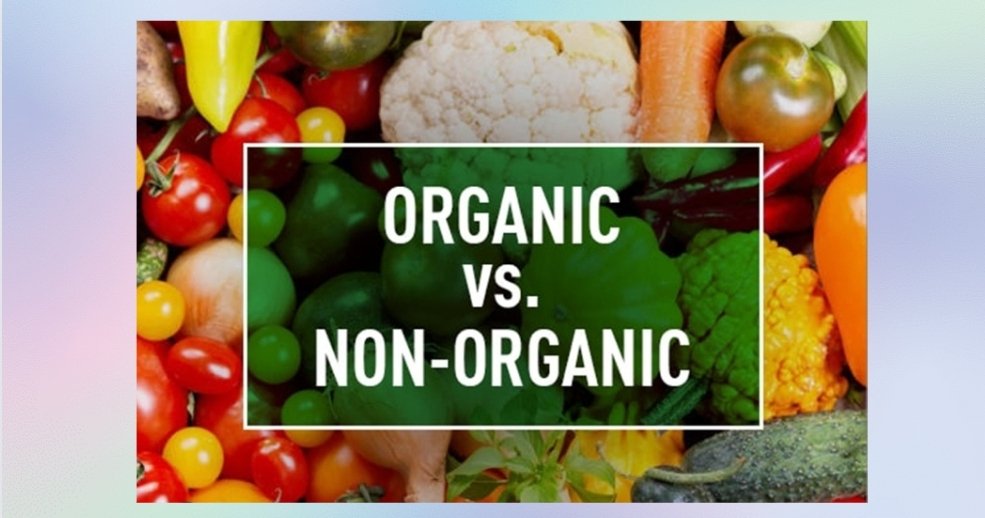
The debate surrounding organic foods versus non-organic foods has been a subject of interest and controversy for many years. Advocates of organic agriculture argue that organic foods tend to have higher levels of nutrients compared to their non-organic counterparts. In this article, we will explore the scientific evidence supporting this claim and shed light on the factors that contribute to the potential nutritional superiority of organic foods.
1. Organic Farming Practices
Organic farming practices differ significantly from conventional farming methods. Organic farmers prioritize soil health through the use of compost, green manure, and natural fertilizers, fostering a more nutrient-rich growing environment. They avoid synthetic pesticides and genetically modified organisms, allowing crops to develop naturally and uninterrupted. As a result, organic crops often benefit from a more diverse range of nutrients, including vitamins, minerals, and antioxidants.
2. Nutrient-Rich Soil
The foundation of organic agriculture lies in its commitment to building and maintaining nutrient-rich soil. By abstaining from chemical fertilizers and focusing on natural alternatives, organic farmers create a thriving ecosystem where beneficial microorganisms can flourish. These microorganisms help break down organic matter and make essential nutrients more accessible to plants, leading to higher nutrient levels in the final produce.
3. Absence of Synthetic Chemicals
One of the primary reasons why organic foods are believed to be more nutrient-dense is the absence of synthetic chemicals. Conventional farming relies heavily on pesticides, herbicides, and artificial growth hormones to protect crops and boost yields. However, these chemicals may potentially degrade the nutrient content of produce. Organic foods, on the other hand, are free from such chemical contaminants, allowing them to retain their natural nutrient profile.
4. Enhanced Antioxidant Content
Research suggests that organic crops may have higher antioxidant levels than non-organic crops. Antioxidants play a crucial role in neutralizing harmful free radicals in the body, which helps reduce the risk of chronic diseases. Organic fruits and vegetables often contain more polyphenols and flavonoids, which are powerful antioxidants, providing consumers with added health benefits.
5. Influence on Nutrient Levels
While various studies have shown that organic foods generally have higher levels of certain nutrients, it’s essential to recognize that the difference in nutrient content can be influenced by several factors. Soil type, climate, and farming practices all contribute to the nutritional profile of the final produce. Additionally, the specific nutrient variation between organic and non-organic foods can vary depending on the crop and the nutrient being studied.
In conclusion, the claim that organic foods tend to have higher levels of nutrients compared to non-organic foods is well-supported by scientific evidence. Organic farming practices prioritize soil health and eliminate the use of synthetic chemicals, fostering a nutrient-rich environment that translates into more nutritious produce. Embracing organic choices can be a valuable step towards a healthier lifestyle.
